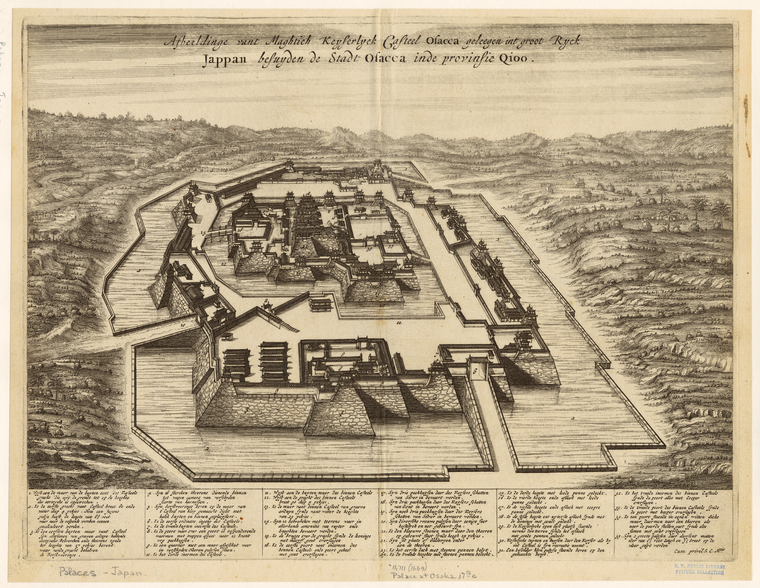Reader’s Den
May in the Reader's Den: "The Thousand Autumns of Jacob de Zoet"
Welcome to May in the Reader's Den! this month, we are discussing The Thousand Autumns of Jacob de Zoet, the fifth novel from British author David Mitchell.
The Thousand Autumns, set in turn-of-the-19th Century Japan, is a shift for Mitchell, best known for the dazzling and difficult 2004 novel Cloud Atlas. Readers who might miss the puzzling and experimental quality of Cloud Atlas should be won over by this captivating and complex historical fiction. With scrupulous detail, Mitchell delivers a story that is historically fascinating, while full of suspense, comedy, romance, and tragedy.
In 1799, when the novel opens, the Dutch East India Company is in decline. When Jacob de Zoet, a parson's nephew from the Dutch province of Zeeland, accepts a position as clerk with the company, he is unaware of the shaky finances of the company, and of the corruption of those who will be his colleagues. Jacob has signed a five year contract with the trading company, on the insistence of his would be father-in-law, who will only agree to a marriage between Jacob and his daughter Anna if the younger man has more money to his name.
Living, working on, and unable to leave the tiny man-made island of Dejima, off the coast of Nagasaki, Japan, his world is limited to a few other Dutchmen, traders, servants and slaves, and a handful of Japanese interpreters. Dejima is Japan's only point of trade with the outside world during a long period of isolation imposed by the Japanese government. Incredibly protective of its cultural heritage and fearful of outsiders, the Japanese impose restrictions on the traders staying on Dejima; they are not allowed to visit mainland Japan or mix with its people.
Jacob seems destined for a lonely existence here: not fitting in with his colleagues, and unfortunately ethical in an atmosphere of corruption, he is a fish out of water even among these outsiders. The only Dutchman on Dejima that he is eager to meet, Dr. Marinus, seems to instantly dislike him. He thinks only of returning home to Anna, until he has a chance meeting with one of Dr. Marinus's students, a Japanese midwife, Miss Aibagawa, who instantly fascinates him. Interacting with her, however, is strictly forbidden.
As you begin reading the book, think about:
- What is the significance of the first chapter, told from Miss Aibigawa's point of view? Why does Mitchell open with this sequence, when the rest of the book's first section is told from Jacob's perspective?
- What does the extreme isolation of his situation do to the state of Jacob's mind? What does he see in Miss Aibagawa that so draws him to her?
In next weeks post, we will have discussion questions covering the first part of the book, through chapter thirteen. Please feel free to begin posting your comments and questions below!
Read E-Books with SimplyE
 With your library card, it's easier than ever to choose from more than 300,000 e-books on SimplyE, The New York Public Library's free e-reader app. Gain access to digital resources for all ages, including e-books, audiobooks, databases, and more.
With your library card, it's easier than ever to choose from more than 300,000 e-books on SimplyE, The New York Public Library's free e-reader app. Gain access to digital resources for all ages, including e-books, audiobooks, databases, and more.
If you don’t have an NYPL library card, New York State residents can apply for a digital card online or through SimplyE (available on the App Store or Google Play).
Need more help? Read our guide to using SimplyE.
